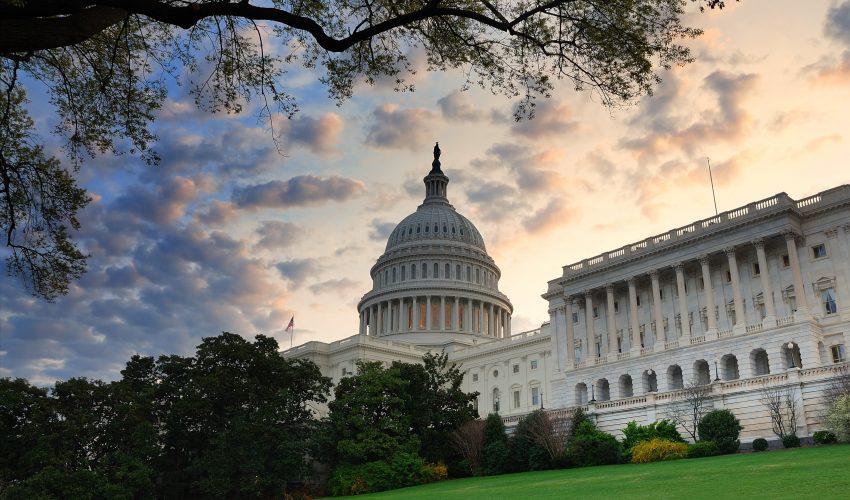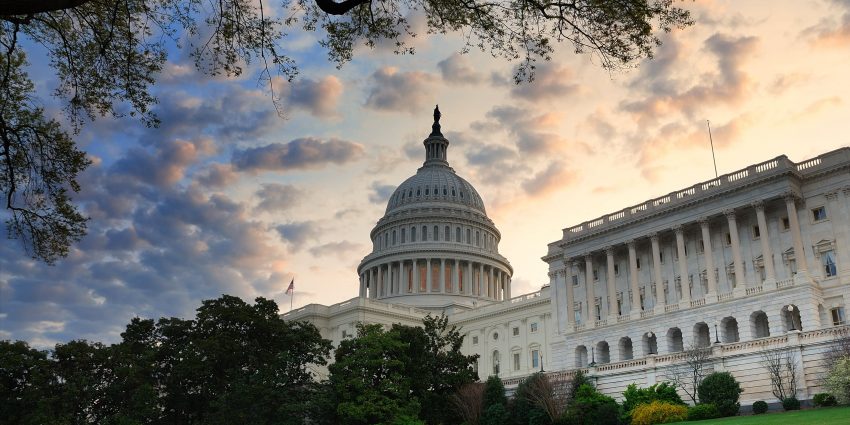Post Views: 3,477
Views“Safe Staffing Bill” Might Become a Reality in the United States
It is not unheard of that the United States, as well as other countries, is facing a severe staffing crisis. There is a large number of public healthcare facilities experiencing an unprecedented level of abandonment by their nurses who decide to drop their profession in lieu of other, more stable job offers. The nurses who leave their positions are, arguably, not entirely to blame for their decision to abandon their trade.
It is a known fact that the conditions they usually work in are not the best. Nurses in public facilities are subjected to mandatory overtime, as well as other tasks that can take a toll on their willingness to work in nursing. Private institutions face similar problems. However, they also offer more incentives, both financial and professional, that make it, somewhat, fairer for their employees.
However, one of the most important issues, is the understaffing. Nurses that work in certain hospitals could be attending hundreds of patients at once, increasing the risk for accidents and diminishing the nurse’s quality of life in the workplace. This is not a new issue. Hospital understaffing has been a rising problem for the past decade, causing a mass exodus of nurses to abandon their trade in search of better job opportunities — or at the very least, a job that allows them to pay the bills without requiring them to sacrifice life and limb.
Nurses push for change: The Safe Staffing for Nurse and Patient Safety Act of 2018
Nurses have been pushing for legislation to improve their work conditions and address the staffing crisis currently faced by hospitals across the country. The “Safe Staffing” bill is the tool to achieve it. However, this is not the first time that a bill like this has been proposed to Congress.
The bill has gone through several iterations, all of which had been proposed in past Congresses, but all failed to pass for different reasons. The newest bill, called the Safe Staffing for Nurse and Patient Safety Act of 2018, is somewhat different than its previous iterations. It was introduced to Congress on February 15, 2018, with bipartisan support, and championed by Reps. David Joyce (R-OH), Suzan DelBene (D-WA), Suzanne Bonamici (D-OR), and Tulsi Gabbard (D-HI), as well as Sen. Jeff Merkley (D-OR).
Pamela Cipriano, Ph.D., RN, NEA-BC, FAAN, the president of the American Nurses Association (ANA), states that, “It is so important for nurses on the front lines to be able to have a say in what they believe is safe staffing. This bill benefits bedside nurses by giving them decision-making power, control, and the ability to influence the delivery of safe care.
It’s not surprise that these nurses are striving for legislation that would give them power over staffing decisions in their own workplace. Nurses are part of the first line of care for patients. They are the ones that can best assess their patients needs, and are the most qualified to assign the resources necessary to address them. Furthermore, they would be able to provide adequate care to exceptional cases by personally gauging the patient’s requirements, and delivering on their requirements. Also, several studies supported appropriate nurse staffing as it reduces patient morbidity and mortality, while ensuring nurse retention.
“With adequate amounts of staffing we see mortality go down and patient complications can be prevented or diminished,” Cipriano says. “It is important for nurses to have sufficient resources to care for patients because nurses experience moral distress when they cannot provide the care they know a patient needs.”
Low nurse retention, on the other hand, is extremely costly, especially for hospitals and public health centers that run on a strict budget. Short-changing patients can lead to nurse burnout and poor retention. In this sense, appropriate staffing can help address this problem, and improve their quality of life in the workplace by providing better services to patients which would decrease patient readmission, reduce hospital-acquired infections, medical errors, and other undesirable medical outcomes.
“Patients deserve to have the right care,” Cipriano says. “They need to be kept safe, and the best way to prevent problems and complications is to have the right nurse staffing.”
The Safe Staffing bill has already been implemented in Sacramento since this past February, with great results. If Congress passes the bill, we might see these benefits be brought to other institutions in the country.
2 comments on “Safe Staffing Bill” Might Become a Reality in the United States
Leave a Reply
“Safe Staffing Bill” Might Become a Reality in the United States
By nurseadvisorofficial
Nurses have been pushing for legislation to improve their work conditions and address the staffing crisis currently faced by hospitals across the country. The “Safe Staffing” bill is the tool to achieve it. Learn more about it here.














“Safe Staffing” is something that is needed in all levels of healthcare. However, the problems with under-staffing could be alleviated to a great degree if Licensed Practical Nurses (LPNs) were provided more opportunity to work with the Registered Nurses (RNs). It is a fact that there are some tasks the LPN does not have the training nor experience that an RN has in the field of nursing, but in most states, the LPN is allowed to do around 90% of what is expected of the RN.
So, if LPNs were utilized in the capacity of assisting RNs and employed to their full scope of practice would help cushion the overall problem of ‘Short-Staffed’ facilities. This would give more time for the RNs to be involved with the advanced medical care and administration.
LPNs trained hard to be an asset to the patient and the facility. Not all LPNs desire to be stuck in Long Term Care or nursing homes. There is no real opportunity for them to use the skills many of the skills they learned in school or even to learn new skills.
Many LPNs drop out of nursing because of the lack of new opportunities to grow their skills. I once heard from an LPN that “Nursing home work is passing unnecessary meds, filling out useless paperwork, and performing ‘glorified’ babysitting.”
That sounds harsh, but it brings up the some serious questions:
• Why are the LPNs put through so much training in school yet are not allowed to use their skills in the work place?
• Why not use the LPNs to utilize their full scope of practice in hospital and clinic settings, thus freeing RNs to function in the higher education areas they were trained to do?
By making a conscientious effort to employ more LPNs in all areas of the nursing field, several problems can be softened or altogether alleviated:
Under-staffing thus improving safety issues for patients, nurses, and facilities
RN burnout due to under-staffing
Lack of or improper nursing care due to under-staffing
Providing affordable jobs for many LPNs to help under-staffing
Plus, help the facilities cut down on the costs of hiring RNs to do an LPN’s job
With an amazing experience, I can’t help but talk enough about Elite web Recovery services. Sometimes on June 19, an intruder managed to get into my email and my data and my BTC wallet were compromised, leading to the loss of my savings and operational business funds in the amount of $560,000. It was horribly crazy! Amidst my confusion, a staff member mentioned Elite Web Recovery and I contacted them immediately. Luckily, it only took them just a couple of days to be able to get me back into my wallet which I was unable to access, and also eventually get my lost money back after verifying ownership. I highly advise anyone having such issues to contact them through elitewebrecovery@cash4u.com for their assistance